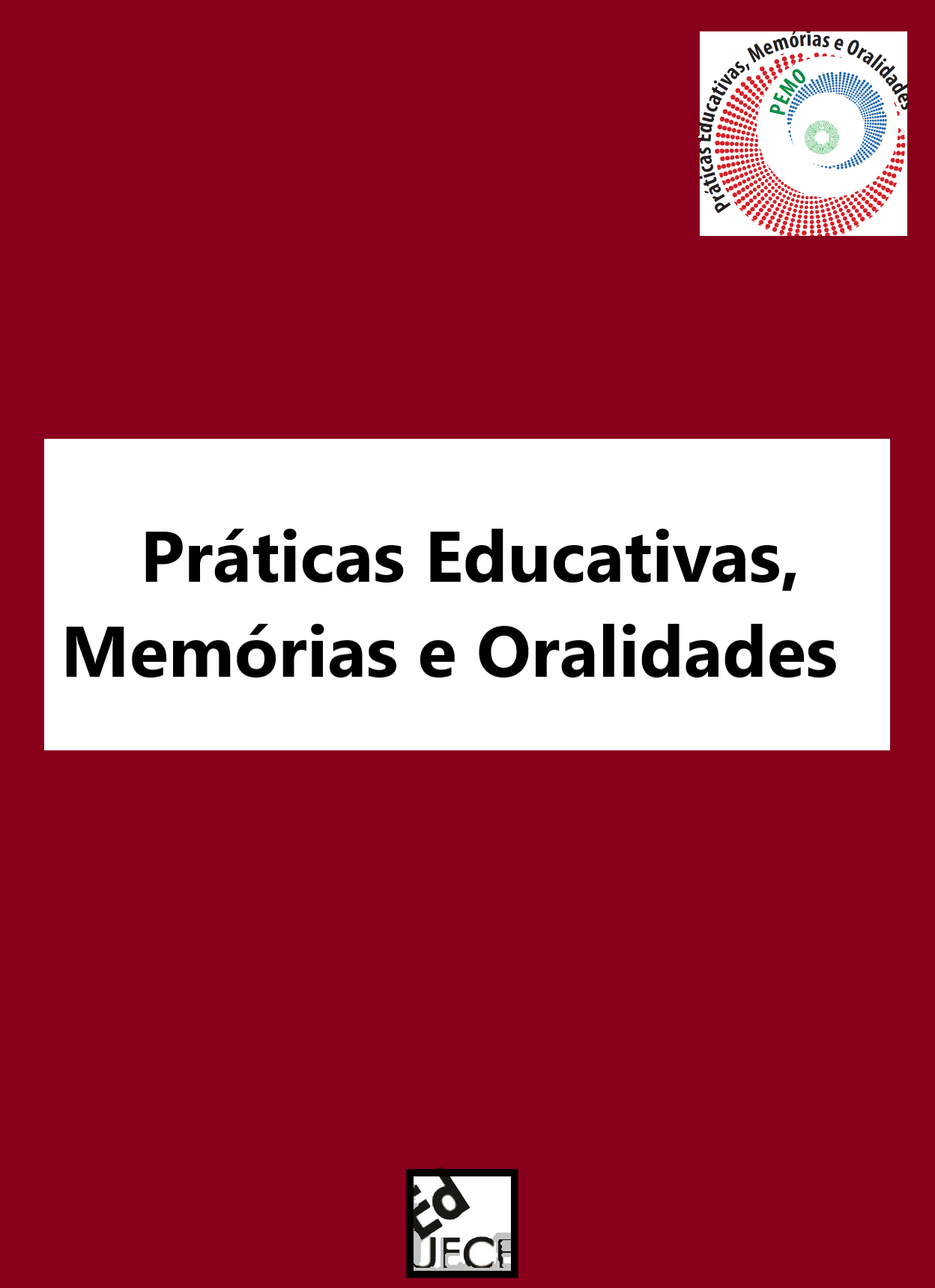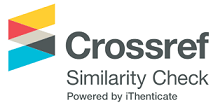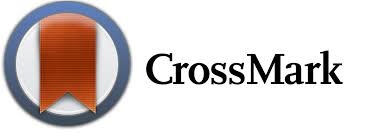Explorando o potencial da ferramenta Plickers para o ensino de Ciências: uma análise da avaliação de conceitos relacionados à água
DOI:
https://doi.org/10.47149/pemo.v6.e11878Palavras-chave:
Aprendizagem, Compreensão, Participação ativa, Pensamento críticoResumo
O objetivo do trabalho foi usar a ferramenta Plickers no ensino de Ciências e promover uma análise avaliativa da aprendizagem. O estudo envolveu 32 alunos de pós-graduação do curso de Tecnologias Educacionais para a Prática Docente no Ensino Básico, divididos em quatro equipes. Os alunos participaram de aulas teóricas e práticas sobre a importância da água, sendo aplicadas atividades com o Plickers para avaliar a compreensão dos conceitos. Foram elaboradas cinco questões e respondidas pelas equipes, utilizando os cartões de resposta gerados pela ferramenta. As respostas das equipes foram categorizadas levando em conta a aderência aos conceitos e o nível de participação. O desempenho das equipes foi satisfatório, pois houve uma média geral de acertos de 90% para as cinco questões aplicadas. O Plickers é uma ferramenta avaliativa eficiente e proporcionou feedback imediato aos educadores, promoveu a participação ativa dos alunos e estimulou o pensamento crítico.
Downloads
Referências
AMRI, S.; OUZIZI, L.; JILAL, A. O uso de Plickers para melhorar a aprendizagem do aluno no ensino de ciências. Journal of Physics: Conference Series, v. 1808, n. 1, p. 012086, 2021.
ALLDAY, S. Ensinando os Estados da Matéria com Demonstrações Simples. Teachwire, 2019. Disponível em: https://www.teachwire.net/news/teaching-the-states-of-matter-with-simple-demonstrations. Acesso em: 06 maio 2023.
BLOOM, B. S.; MADAUS, G. F.; HASTINGS, T. Handbook on Formative and Summative Evaluation of Student Learning. New York: McGraw Hill, 1971.
CHEN, C. Y. et al. Incorporando a educação hídrica ao currículo para cultivar a consciência dos cidadãos sobre a conservação da água. Água, v. 12, n. 11, p. 2948, 2020.
DOE, J. A importância da água no corpo. Healthline, 2022. Disponível em: https://www.healthline.com/health/importance-of-water-in-the-body. Acesso em: 06 maio 2023.
FERDIG, R. E.; KENNEDY, K. Manual de pesquisa sobre práticas e métodos emergentes para ensino K-12 online e misto. IG Global, 2016.
JOHNSON, J. Os Três Estados da Matéria: Sólido, Líquido e Gás. Science Trends, 2021. Disponível em: https://sciencetrends.com/the-three-states-of-matter-solid-liquid-and-gas/. Acesso em: 06 maio 2023.
LACHAPPELLE, P.; Reid, N.; Arseneault, D. Plickers and Peer Instruction: A low-tech student engagement tool for the flipped classroom. Innovative Higher Education, v. 42, n. 3, p. 249-260, 2017.
MILLER, C. L.; GREENE, B. A.; LEE, C. Integração de tecnologia na educação científica K-12: Uma revisão sistemática de Plickers. Jornal Internacional de Pesquisa Educacional, v. 100, p. 101538, 2020.
ORGANIZAÇÃO DAS NAÇÕES UNIDAS (ONU). Relatório Mundial das Nações Unidas sobre Desenvolvimento dos Recursos Hídricos 2019: Deixando ninguém para trás. 2019. Disponível em: http://www.unwater.org/publications/world-water-development-report-2019/. Acesso em: 05 maio 2023.
RODRIGUES, A. A importância da aprendizagem sobre a composição do corpo humano em água. Revista Brasileira de Educação em Ciências, v. 42, n. 2, p. 187-202, 2019.
RODRIGUES, D. O Papel da Água no Corpo Humano. Verywell Fit, 2019. Disponível em: https://www.verywellfit.com/water-as-a-nutrient-2506745. Acesso em: 06 maio 2023.
SÁNCHEZ-MENA, A.; SÁEZ-LÓPEZ, J. M. The use of Plickers as an interactive learning tool in higher education. Interactive Learning Environments, v. 26, n. 2, 226-234, 2018.
SANTOS, B. Estimulando a curiosidade científica por meio do estudo da água no corpo humano. Cadernos de Pesquisa em Educação, v. 36, n. 1, p. 120-135, 2020.
SANTOS, L. Desafios do ensino da água como recurso natural em regiões com escassez hídrica. Revista de Educação Ambiental, v. 20, n. 1, p. 56-69, 2018.
SANTOS, P.; MARQUES, F. A importância da água para a vida. International Journal of Development Research, v. 9, n. 7, p. 28854-28857, 2019.
SHAHID, S.; JAFRI, S. F. A. O efeito de Plickers na participação do aluno e discussões significativas nas aulas de ciências. Jornal de Educação e Prática, v. 13, n. 4, p. 70-79, 2022.
SILVA, M. A importância de atividades práticas no ensino da água como recurso natural. Revista Brasileira de Ensino de Ciências, v. 44, n. 3, e20190123, 2021.
SMITH, J. Promovendo o pensamento crítico por meio do aprendizado sobre a formação de nuvens. Jornal Internacional de Educação em Ciências, v. 32, n. 4, p. 520-535, 2020.
UNESCO. Água. 2021. Disponível em: https://pt.unesco.org/themes/agua. Acesso em: 04 maio 2023.
Downloads
Publicado
Como Citar
Edição
Seção
Licença
Copyright (c) 2024 Luan Daniel Silva Ferreira, Dábila Carla de Almeida Sobrinho (Autor)

Este trabalho está licenciado sob uma licença Creative Commons Attribution 4.0 International License.
Os autores possuem direitos autorais dos seus textos:
A revista "Práticas Educativas, Memórias e Oralidades permite ao/s autor/es os direitos de publicação, no entanto, recomenda um intervalo de cinco anos para o caso de republicação ou referência ao primeiro local de publicação, no caso, o link da Rev. Pemo..
Os nomes e endereços informados nesta revista serão usados exclusivamente para os serviços prestados por esta publicação, não sendo disponibilizados para outras finalidades ou a terceiros.














